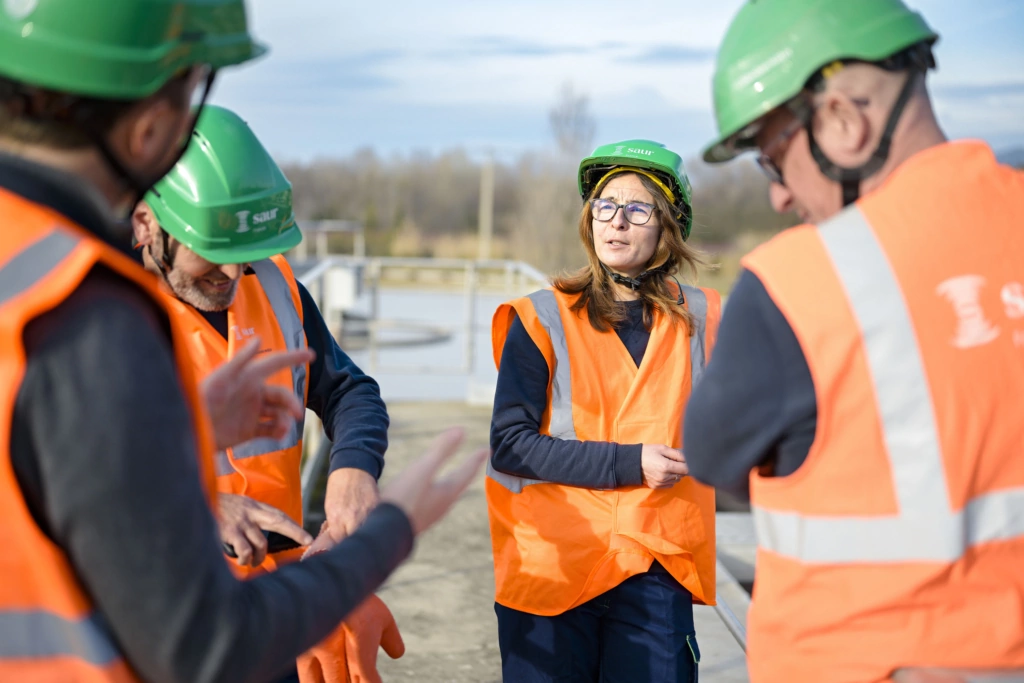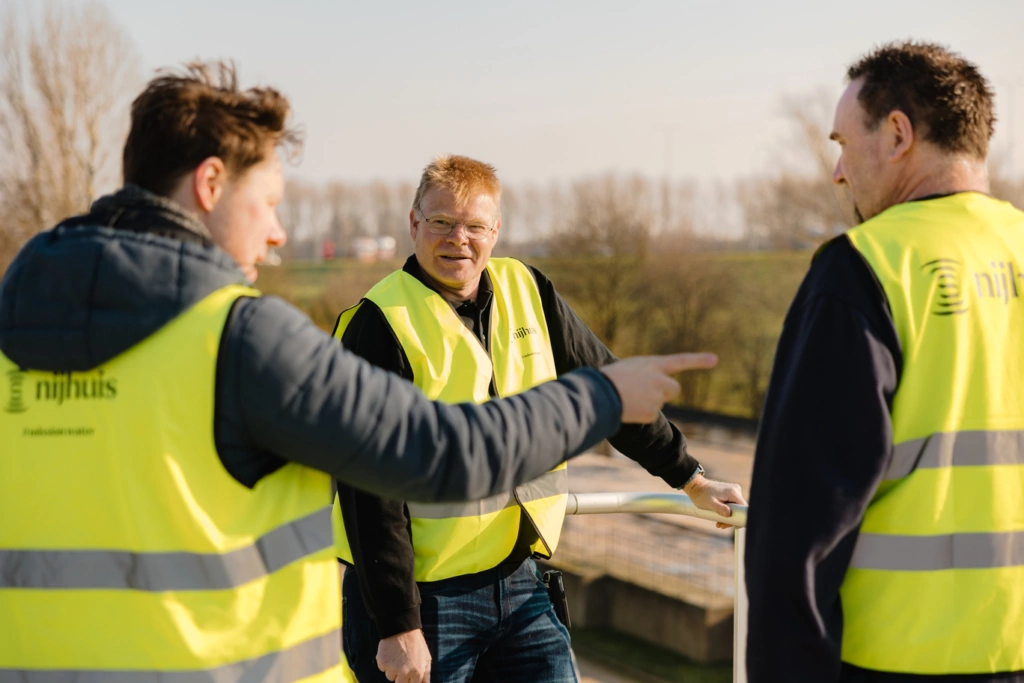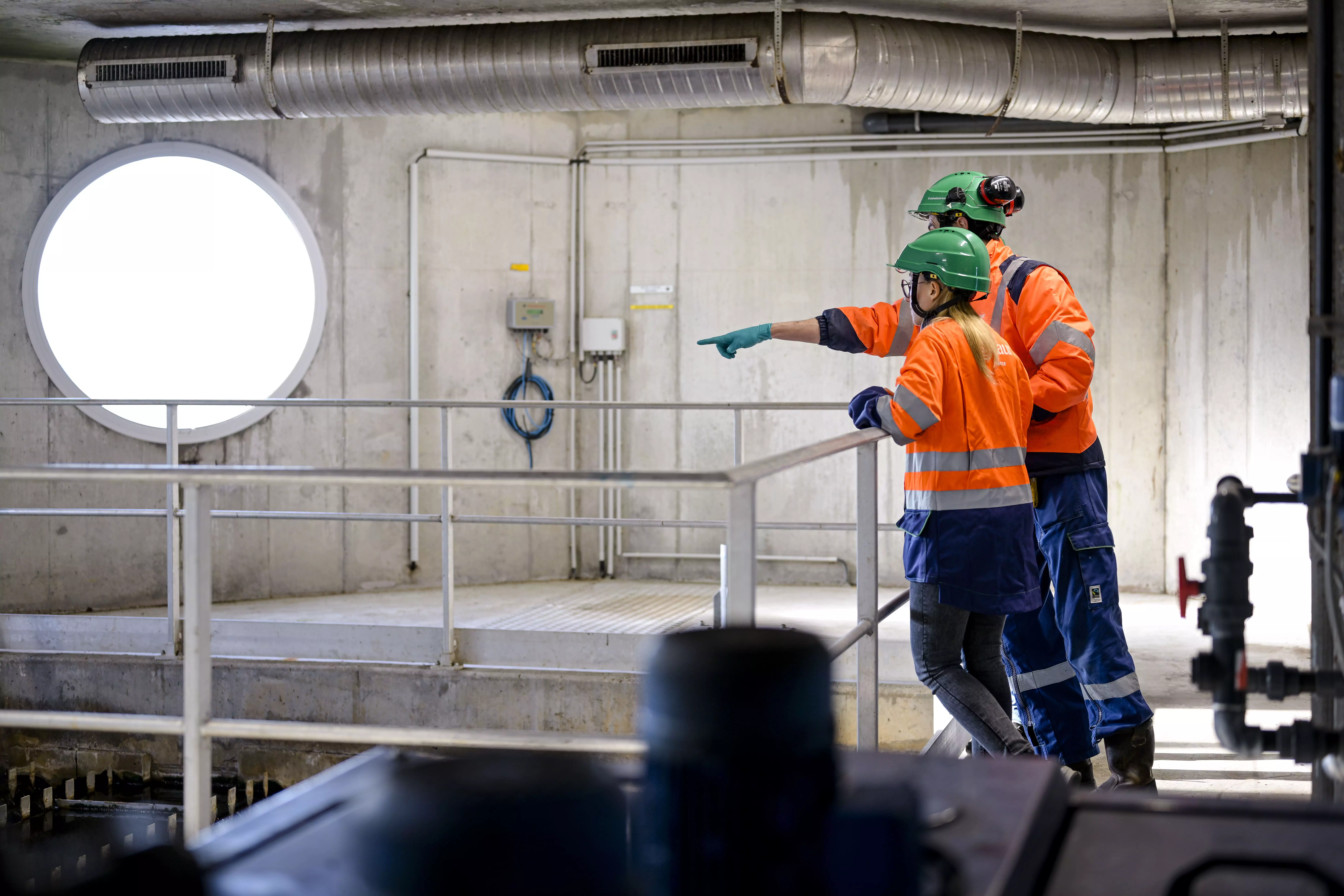Our opportunities

Middle East, Asia and Africa
Discover our opportunities in Middle East, Asia and Africa
A purpose worthy of your talent
In a world where water resources are becoming scarce and at the same time people are searching for jobs with a purpose, we provide an answer for both. Whoever in our company we ask, no matter their age or job title, every single one of them wants to be a voice for water. And together we strive for water solutions daily. Do you want to be part of something impactful?
Are you looking for a job that's worth it?
After meeting us, 80% of our job applicants want to join Saur. We think that has a lot to do with our warm, responsible, challenging company culture. We make a point of not only listening to the needs and wishes of our clients – as we tailor all our bids precisely to their situation – we also aim for maximum responsiveness to employees and a family spirit as colleagues.

Three good reasons to join us
Hiring without a trial period
 At Saur, whether you’re a worker or an executive, your employment contract begins without a trial period. An act rewarded by the HR Innovation of the Year Award 2021.
At Saur, whether you’re a worker or an executive, your employment contract begins without a trial period. An act rewarded by the HR Innovation of the Year Award 2021.
Training young people in our professions
 Every year, we welcome 180 interns, who are given assignments with real responsibility and real prospects for integration at the end of their internship.
Every year, we welcome 180 interns, who are given assignments with real responsibility and real prospects for integration at the end of their internship.
The Saur group also offers numerous work-study opportunities (professionalization and apprenticeship contracts) in all of our businesses.
Diversity and inclusion
 Saur is committed to strengthening the diversity of profiles within its teams.
Saur is committed to strengthening the diversity of profiles within its teams.
We are sensitive to the integration and development of our employees within the Group. Flexibility, training and mentoring enable us to support our employees throughout their careers.

Our recruitment in a few numbers
+3,000
New employees in 2024
+20
Countries where you can work



